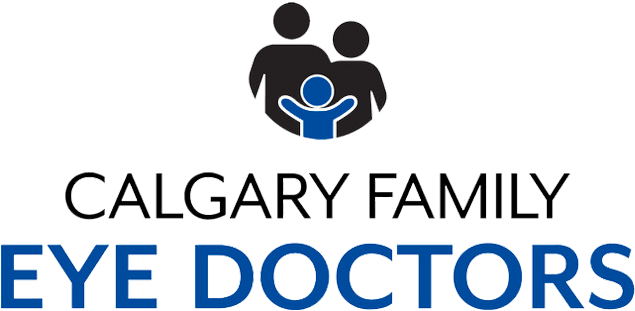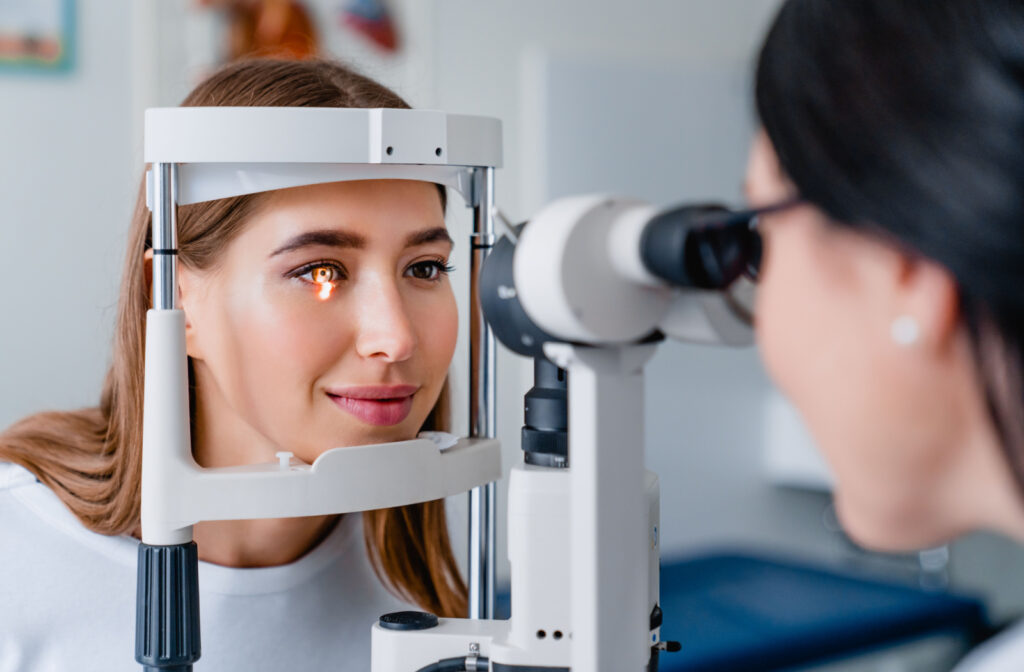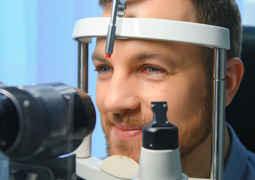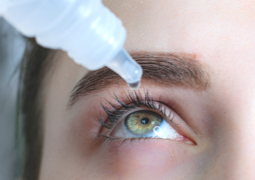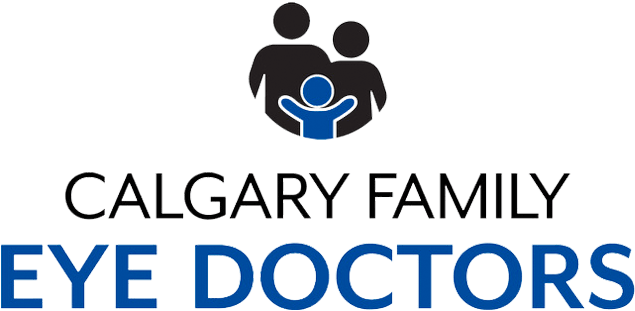It’s common for patients to experience little struggles with their vision when they’re younger, but age brings many changes to your vision and eye health. There is an increased risk of eye disease, but caring for your sight can help you enjoy comfortable, clear vision.
Whether you have glasses or not, many patients want to improve their eyesight and have their eyes work at their best.
Here are 7 ways you can help manage your eye health:
- Exercise
- Avoid eye strain
- Keep your hands clean
- Maintain a healthy diet
- Don’t smoke
- Protect your eyes
- Book regular eye exams
7 Ways to Help Manage Your Eye Health & Vision
While following these tips isn’t likely to improve your vision overnight, investing in your eye health and sight can help you see clearly and comfortably as you age. For many patients, caring for their vision can lower the risk of future issues.
Exercise Frequently
Regular exercise can help your vision as well as your general health. Research shows a link between physical activity and your eye health—meaning that regular exercise may help protect your vision.
Find the right exercise for you, whether walking, playing your favourite sport, or lifting weights.
Avoid Eye Strain
While eye strain isn’t a significant risk for your vision, it can affect your quality of life. It’s difficult to focus, and you can experience blurry vision when your eyes become strained. Eye strain develops when your eyes focus on a task for too long, your environment isn’t ideal for your vision, or you have an underlying eye condition.
Eye strain is common when working on digital devices like your laptop. One way to lower your risk of future eye strain is to follow the 20-20-20 rule. Take a 20-second break every 20 minutes to look at something at least 20 feet away, giving your eyes a rest.
Keep Your Hands Clean
It can seem like no big deal to rub or scratch your eyes when they feel itchy or tired, but dirty hands can lead to potential complications. Many eye infections can develop from touching your eyes or contact lenses with unclean hands. Eye infections can make it harder to see but also place your vision at risk in severe cases.
While many patients know that washing their hands is important, poor hand hygiene is still one of the top risks of contact lens contamination. Always wash your hands before touching your eyes or handling anything that will make contact with your eyes.
Maintain a Healthy Diet
What you eat is important for your health, including your eyes. Eating a healthy and balanced diet can benefit your vision and eye health, especially with age. When planning your upcoming meals, there are a few vitamins and minerals to focus on.
Some essential vitamins for your vision include:
- Vitamin A
- Vitamin E
- Omega-3 fatty acids
- Vitamins B6, B9, and B12
- Lutein and zeaxanthin
- Vitamin C
Consider supplements if you can’t get enough of a specific vitamin naturally in your diet. These supplements can help provide a needed boost for your eye health. Speak with your eye doctor, and they can provide suggestions.
Don’t Smoke
Smoking can be detrimental to your health, including your vision and eye health. While smoking can seem harmless in the short term, it can significantly increase your risk of eye disease. Quitting smoking (or ideally never beginning) can help improve your eyesight and lower the risk of future complications.
According to the Canadian Association of Optometrists, smoking can place you at a higher risk of several eye conditions, including:
Protect Your Eyes
Sunglasses are more than a fashion statement—they protect your eyes from the sun. Overexposure to UV rays can increase your risk of several eye conditions, including:
- Cataracts
- Age-related macular degeneration
- Eyelid skin cancer
- Photokeratitis
Sunglasses can help protect your eye health, but ensure you’re buying a pair that blocks enough UV rays. You should invest in 99–100% UV-blocking sunglasses to keep your eyes safe.
Know Your Vision Risks & Book Regular Eye Exams
Every patient is unique, which means everyone has different risks related to their vision—understanding your family history is important when visiting your eye doctor. Family history may show an increased risk of glaucoma, a common group of eye diseases. Patients with diabetes may have an increased risk of several eye conditions.
When it comes to caring for your vision, an essential element is regular eye exams. These examinations help your eye doctor identify potential eye problems as early as possible. Depending on your age and eye health, you should visit your optometrist every 1–2 years.

Book Your Next Eye Exam
While you can take steps to help improve your eyesight naturally, it’s necessary to consult with a professional to correct your vision. Regular eye exams are essential for keeping your eyes healthy.
Contact us at Calgary Family Eye Doctors when it’s time for your next eye exam.
